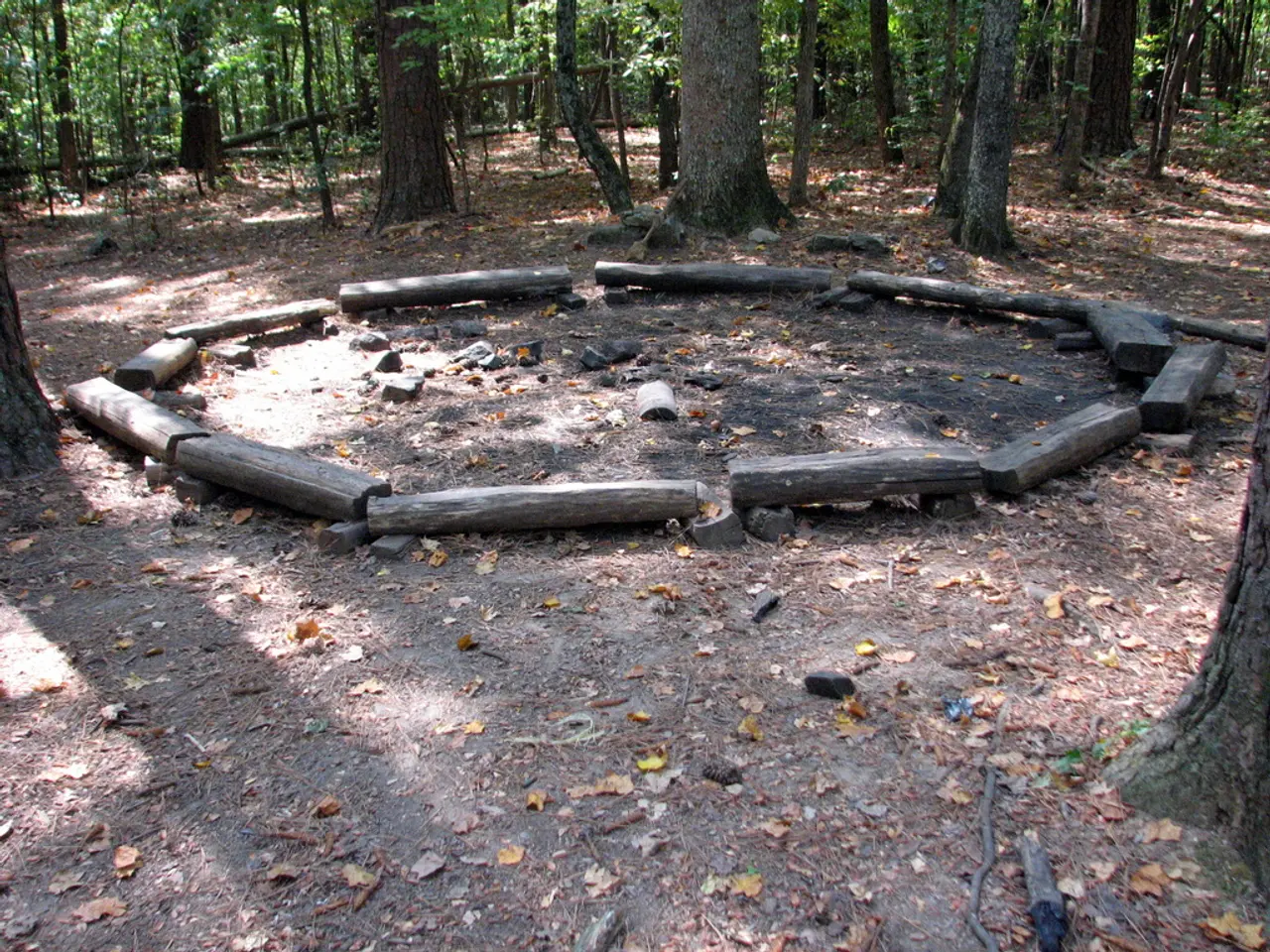Invest in a Forest as a Shield Against Inflation Rises
In the world of sustainable investments, timberland has emerged as a popular choice for those seeking long-term growth, portfolio diversification, and environmental benefits. This article explores the pros and cons of investing in timberland managed by Angela Davis, through Campbell Global, and Timber REITs (Real Estate Investment Trusts).
Angela Davis, the president of Campbell Global, is set to become the CEO in October. Under her leadership, the company has acquired 1.4 million acres of trees, primarily in the U.S., with some in Australia and New Zealand. Investing in timberland managed by Davis offers direct ownership benefits such as greater control, potential for long-term capital appreciation, and portfolio diversification through a tangible asset. However, drawbacks include higher minimum investment thresholds, illiquidity, potential concentration risks, and reliance on the specific expertise and practices of the manager.
On the other hand, Timber REITs provide liquidity as shares trade on public exchanges, accessibility for smaller investors, diversification across properties and regions managed by the REIT, and regular income distributions. Their cons can include stock market volatility affecting share price independent of timber asset value, less direct control over land management practices, and potentially lower tax efficiency compared to managed timberland investments.
Forest investors are not seeking high risk and high return, but rather a yield, an inflation hedge, portfolio stability, and environmental benefits. Angela Davis aims to exceed average returns through careful management of the land, including carbon credit generation, forest management, and fire prevention measures.
The enterprise value of PotlatchDeltic is $1,900 per acre, while the enterprise value of Rayonier Corporation is $4.4 billion, equating to approximately $1,800 per acre if no value is assigned to its mills. The cost of growing and harvesting wood in the Northwest reduces landowners' revenue by at least half. However, reforestation is expensive, but delivers better yield than natural regeneration.
Log prices, which can be volatile, should keep pace with inflation over the long term. An acre of Douglas fir, harvested at 45 years, yields approximately 24,000 board feet of saw timber, worth $17,000. Yields are 4.9% at Rayonier and 4.7% at PotlatchDeltic, both of which have the dominant holding as southern yellow pine, whose price is depressed due to overplanting 30 years ago.
It's important to note that timberland has underperformed the stock market in the past decade, with publicly traded timberland REITs delivering an average of 4% annually. Beginning in the 1980s, environmentalists engineered drastic cutbacks in harvesting from federal timberland. President Trump wants to bring back the chainsaws, aiming to boost the timber industry.
In summary, timberland managed by Angela Davis through Campbell Global suits investors seeking direct, actively managed exposure to timber assets with an emphasis on long-term growth and control, accepting lower liquidity. Timber REITs serve investors preferring liquidity, diversification, and convenience in timber exposure, albeit sometimes at the cost of reduced control and possible market price volatility. Investors should consider their risk tolerance, investment horizon, and preference for direct versus indirect timber exposure when making decisions in this sector.
[1] Source: Various industry reports and Campbell Global's website.
Timberland investments, like those managed by Angela Davis at Campbell Global and Timber REITs, are popular choices in personal-finance and real-estate for individuals seeking a yield, an inflation hedge, portfolio stability, and environmental benefits, rather than high risk and high return. Investing in Campbell Global offers direct ownership benefits, while Timber REITs provide liquidity and diversification.
Finance experts suggest that investors should consider their risk tolerance, investment horizon, and preference for direct versus indirect timber exposure when making decisions in this sector, as timberland has underperformed the stock market in the past decade but may offer long-term growth potential.




